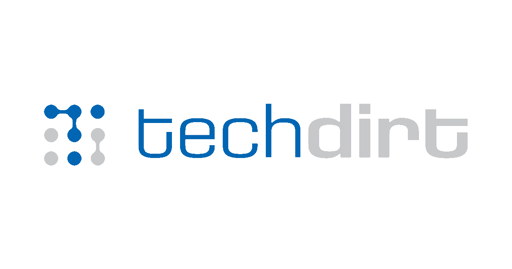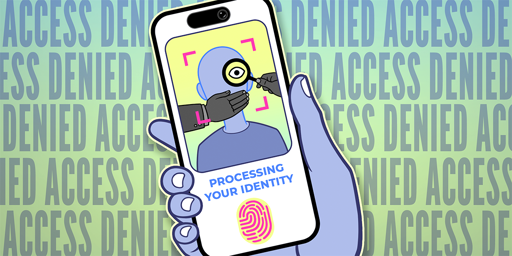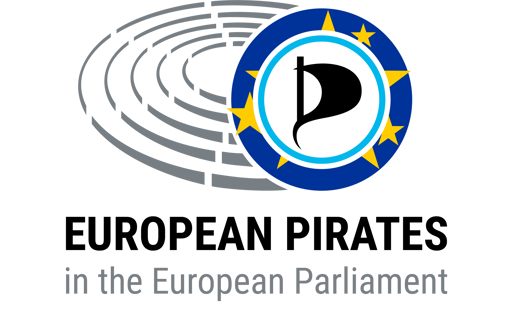- 307 Posts
- 579 Comments

 92·4 days ago
92·4 days agoNot what I want to happen though.
I want them to release Windows as free and open source software. Windows is on a purely technical level not a bad OS. If it were FOSS, we would get dozens of excellent distributions of it.

 1·6 days ago
1·6 days agoWhat now? GNOME doesn’t support server-side decorations? It’s been years since I last used GNOME, so I may be out of touch; but if this is true, what happens if you do run something on GNOME that simply doesn’t have any code that draws its own titlebars? Or am I misunderstanding how any of this works?

 81·11 days ago
81·11 days agoThis is from 2021, why post this now…?
 1·11 days ago
1·11 days ago“Everyone with access to the Internet” wasn’t a lot of people in the 1990s yet, or was it?
 1·11 days ago
1·11 days agoWhen was IRC mainstream?

 24·12 days ago
24·12 days agoThere are lobbyists for non-profits (that you can donate to if you agree with their goals) too.

 611·12 days ago
611·12 days agoNot really.
Lawmakers in a democracy can’t possibly be experts on all the fields they make laws about. Without any lobbyists at all, they wouldn’t know what kinds of laws any organizations (whether for-profit or not) would like to see passed. This would likely cause worse laws to be passed.
Ultimately lobbying is just (parts of) the population attempting to influence what happens in politics, which is what is supposed to happen in a democracy.
In some cases what you say may be true, but not in all.
I remember reading that the first two don’t allow free discussion about Zionism (one bans a lot of anti-Zionist speech, the other has an explicit rule against all Zionism), so I avoid posting there; I think communities that aren’t specifically ideological should allow a wide range of free speech. The third one is AFAICT better, so are [email protected] and [email protected].
There is also [email protected] for things that have to do with the European Union, which is somewhat different from the continent of Europe. The community this thread is about isn’t explicit whether it is about Europe or the EU.
I subscribed to the new community this thread is about; but then again, your comment does kinda make me think that there are already communities like [email protected] or [email protected] or [email protected] which should cover a lot of the topics that may be discussed there. Let’s see whether anything unique ends up actually talked about there. :P

 142·14 days ago
142·14 days agoThat’s not what I asked. I asked about a comparison of both of them to PostgreSQL.

 41·14 days ago
41·14 days agoAre there real advantages to using either MySQL or MariaDB instead of PostgreSQL?
That’s just a link to the image hosted on xkcd.com, so if that is still pixelated, it’s probably a caching issue.
By “the post” what do you mean? The one in my comment is obviously the pixelated one, I am going to keep it that way for future documentation; the one on xkcd.com has however been fixed.
Also similar: [email protected]

 7·17 days ago
7·17 days agoReactOS is mentioned in the article, it’s a somewhat different approach.
ok, I have to address the elephant in the room: is the bad image quality intentional (part of the joke) or not or what is going on here?
in case it gets fixed, here it is right now:

TIL that there is a 2x size version of many xkcd comics, which the explainxkcd bot seems to have downloaded and which looks a lot better: https://www.explainxkcd.com/wiki/index.php/File:superstition_2x.png / https://imgs.xkcd.com/comics/superstition_2x.png
edit (c. 9 hours later, the morning after in my timezone): ok, it seems it has been fixed, so it was apparently not intentional

 1·18 days ago
1·18 days agoI use it all the time in web browsers (Firefox/LibreWolf can do it even on Linux). I learned to use computers on Windows (mainly XP), so as far as I’m concerned, that has “always” been a thing, so why would I not use it.

 8·19 days ago
8·19 days agoFormer Windows users who expect that to start scrolling. I remember that happening to me when I was new to Linux.



















KolourPaint is very close to an exact clone of MS Paint from around Windows XP.
There are also xpaint and Pinta, which are somewhat different, but might satisfy your requirements too.